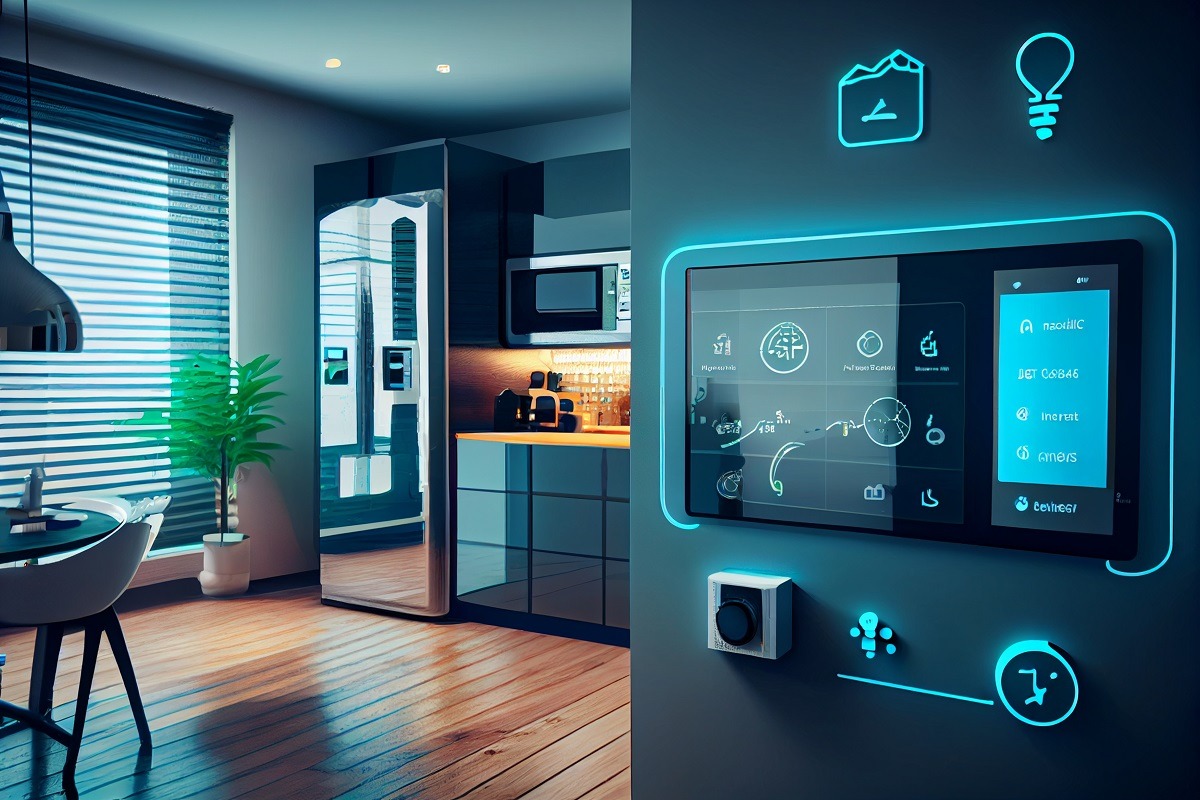In the rapidly evolving world of smart building technology, KNX stands out as a benchmark for reliability, flexibility, and efficiency. As the only globally recognized standard for home and building automation, KNX offers a myriad of benefits that make it the go-to choice for professionals in the industry. This article explores the key benefits of KNX technology, demonstrating why it’s considered the ideal solution for creating intelligent, energy-efficient buildings.
1. Interoperability Across Devices and Manufacturers
One of the most significant advantages of KNX is its unparalleled interoperability. KNX is an open standard, meaning it is not tied to any single manufacturer. This openness allows devices from over 500 different manufacturers to work seamlessly together within the same system. Whether you are integrating lighting controls, HVAC systems, security solutions, or energy management tools, KNX ensures that all components communicate effectively, offering a truly cohesive smart building experience.
2. Scalability and Flexibility
KNX is designed with scalability in mind, making it suitable for projects of any size, from single-room apartments to large commercial complexes. As your needs grow, the KNX system can easily expand without requiring a complete overhaul. Its modular design allows for incremental upgrades, so you can add new devices or features as required, without disrupting existing operations. This flexibility ensures that KNX systems can evolve alongside your building, adapting to future requirements and technological advancements.
3. Energy Efficiency and Sustainability
In today’s world, energy efficiency is more critical than ever, and KNX excels in this area. KNX systems are designed to optimize energy usage, reducing waste and lowering utility costs. By integrating various building functions such as lighting, heating, and ventilation, KNX can automatically adjust settings based on occupancy, time of day, or external conditions. For instance, lights can dim when natural sunlight is sufficient, or heating systems can reduce output in unoccupied rooms. This level of intelligent automation not only saves energy but also contributes to a building’s overall sustainability, making KNX an excellent choice for eco-conscious projects.
4. Future-Proof Technology
With technology advancing at a rapid pace, future-proofing is a vital consideration for any building automation system. KNX’s adherence to a global standard ensures that your system will remain compatible with new products and technologies as they emerge. The KNX Association continuously updates the standard to incorporate the latest innovations, ensuring that KNX systems are always at the forefront of smart building technology. This long-term compatibility means that investments in KNX are secure and will not become obsolete as new advancements are made.
5. Reliability and Robustness
The reliability of a building automation system is non-negotiable, particularly in commercial settings where downtime can lead to significant disruptions. KNX’s decentralized architecture enhances system reliability by eliminating the dependence on a central controller. Each device within a KNX system operates independently, meaning that the failure of one component does not compromise the entire system. This robustness ensures continuous operation, making KNX an ideal choice for critical environments like hospitals, office buildings, and industrial facilities.
6. Comprehensive Security Features
As building automation systems become more interconnected, security concerns are paramount. KNX addresses this with comprehensive security features that protect the system from unauthorized access and cyber threats. KNX Secure, an extension of the KNX standard, adds an additional layer of encryption and authentication to communications between devices. This ensures that sensitive data remains protected and that only authorized users can control or modify the system.
7. Global Reach and Support
KNX is a truly global standard, with a presence in over 190 countries. This widespread adoption means that professionals worldwide are familiar with the technology, and support is readily available wherever your project is located. The KNX Association offers extensive training programs and certification courses, ensuring that installers and system integrators are well-equipped to implement and maintain KNX systems. This global reach and support network make KNX a reliable choice for international projects and organizations with multiple locations.
Conclusion
KNX technology offers a comprehensive, reliable, and future-proof solution for smart building automation. Its benefits, including interoperability, scalability, energy efficiency, and robust security, make it the ideal choice for creating intelligent, sustainable buildings. As the only globally recognized standard for building automation, KNX continues to set the benchmark for excellence in the industry, providing professionals with the tools they need to create the smart buildings of tomorrow.


